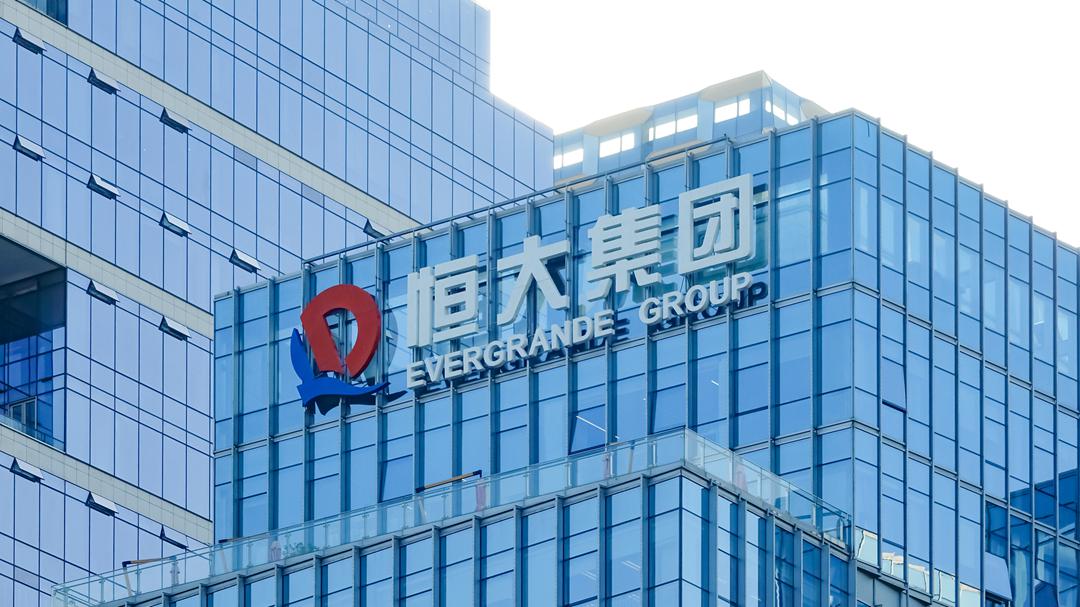
An office building of China Evergrande Group in Shenzhen, China, December 1, 2020. /CFP
An office building of China Evergrande Group in Shenzhen, China, December 1, 2020. /CFP
China Evergrande Group, one of the country's leading property developers, pledged on Friday to actively resolve its debt issues and maintain market stability, a day after its executives were summoned by the country's financial regulators.
The People's Bank of China and the China Banking and Insurance Regulatory Commission issued a joint statement (link in Chinese) on Thursday, saying that they had summoned the developer's executives and urged them to reduce the group's debt risks and prioritize stability.
The group responded in a statement (link in Chinese) that it would do everything it could to "maintain the stability of the company's operation, resolve debt risks," as well as "maintain the stability of the real estate and financial market."
"Evergrande Group will fully implement the requirements of the interview and unswervingly implement the central government's strategic deployment of the stable and healthy development of the real estate market," the group said.
The regulatory talks came amid concerns that any financial crisis at Evergrande could pose a potential systemic risk to the economy, as the group has over 240 billion yuan ($37 billion) of debt to settle over the next 12 months, according to ratings agency S&P Global.
The developer also confirmed preliminary talks with smartphone maker Xiaomi to sell part of its 65-percent stake in its unit China Evergrande New Energy Vehicle Group in a separate statement (link in Chinese) on Friday. "But there was no in-depth discussions," it added.
Earlier this week, Xu Jiayin, founder of Evergrande, stepped down as chairman of the group's real estate arm, and was replaced by Zhao Changlong. Xu's role change led to more investor anxiety as the group has been selling assets to stave off a cash crunch.
Shares of Evergrande slid 1.8 percent in 24-hour trading in Hong Kong on Friday morning, falling to the lowest level since January 2017.

